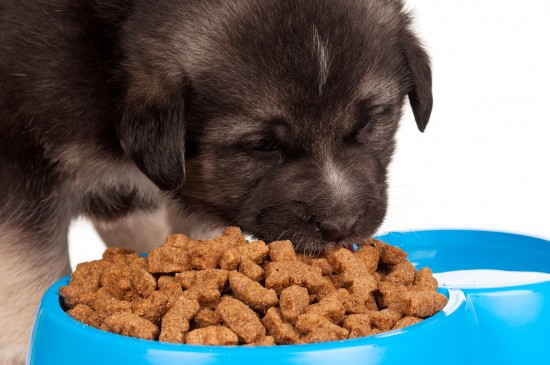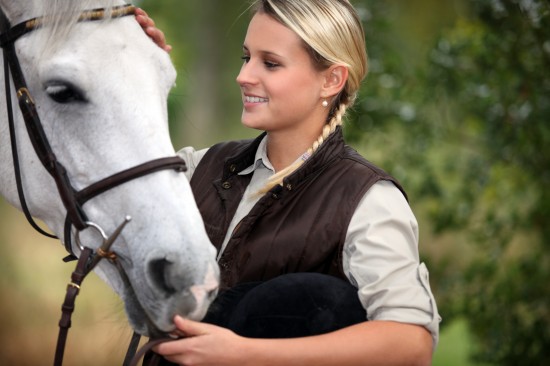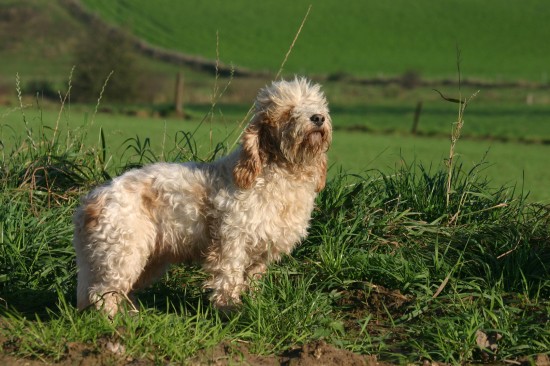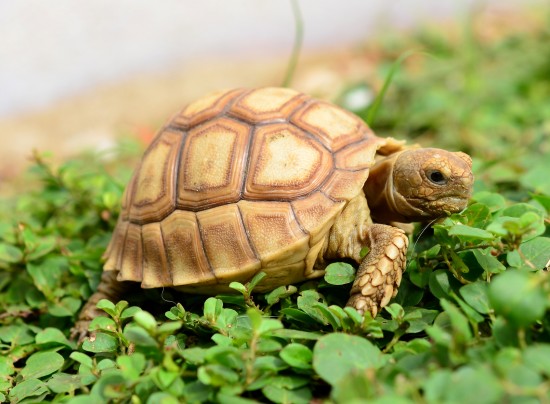The Transportation Security Administration secures the nations airports, railroads, subways and seaports from terrorist attacks every year. These sites are where explosives pose the worst possible threat to those who travel by plane or boat daily.
But because of the National Explosives Detection Canine Team commuters have a reason to feel a little safer on that Monday morning subway ride to work.
Every day more than 600 explosive sniffing dogs and their human counterparts patrol the major transit systems of the U.S.
"Our program has one of the highest standards in the federal government for explosive detection," said Scott Thomas, program manager for TSA抯 Canine Breeding and Development Center.
"We haven抰 had another incident since September 11th, so I guess that speaks volumes."
According to Thomas, out of all the current explosive detection dogs on duty at the moment at least ten percent were bred in his development center at San Antonio抯 Lackland Air Force Base.
Since its inception in 1999, the TSA canine breeding center has bred genetically superior Labrador Retrievers, ideal for explosive detection.
"We want to make the best genetic selection possible for dogs with a natural ability to go out into novel environments, not be reactive and have excellent nose capabilities," Thomas said.
The center breeds about 80 lab puppies a year. Only half are accepted into the canine detection team because dogs must posses certain characteristics to be picked.
"Additionally, it抯 important they have a high desire to play or be interactive with their handler."
Dogs that do not make it into the domestic explosive detection team are offered out to other governmental agencies like police and fire departments or even military.
According to Thomas, there are currently numerous dogs from the TSA puppy program in Iraq and Afghanistan searching for improvised, makeshift bombs on city streets.
"The puppy program was started as research and development to see if it was possible to breed dogs that would be healthier and posses the traits and abilities needed to be good explosive detectives," Thomas said.
Puppies that do not make it into a government agency are then offered up for adoption to the public. There are no adoption fees except for shipping costs. Currently, there is a 300-person waiting list for a dog.
All of the puppies born at the center are named after a victim of the September 11th attacks. Between the ages of nine weeks and 12 months foster families from the surrounding San Antonio area care for them.
After a year of civilian nurturing, the dogs are sent back to Lackland for TSA Support Branch training. Using a method known as "operant conditioning," the young pups are taught to indicate or respond to explosive odors for treats.
When a dog sits by an object, it has detected what could be explosive materiel. They are rewarded with a ball, toy or snack if they perform well.
"Once the dogs have achieved the majority of their training [100 days], they are then turned over to a law enforcement expert. That officer will go through a ten week course to learn how to be an explosive canine handler," Thomas said.
Graduating dogs are sent to airports and mass transit systems all around the U.S. There are canine detection teams in all major airports including Puerto Rico, Guam and Hawaii.
After many years of hard work, most of the dogs retire to the care of the handlers. According to Thomas, 99 percent of handlers keep their partners as pets.
Although these talented canines are a crucial part of homeland security, the responsibility of keeping us safe cannot be solely placed on them.
"The dog is an integral part of a number of components between behavioral screeners, machinery and screening technology for explosives. The dog is one part of a bigger puzzle," Thomas said.
He says the key to success for the puppy-breeding center will be moving beyond just breeding dogs, which seem to demonstrate appropriate traits, to what he calls second generation dogs. These dogs are narrowed down by genetics and will consistently posses what it takes to be TSA explosive detectives.
"We will continue to stay on task, and I think most of the world is looking to breeding dogs instead of just hoping to find the right combination in the public."
For more information visit: http://www.tsa.gov/lawenforcement/programs/puppy_program.shtm

 10 Unusual Dog Food Ingredients
10 Unusual Dog Fo
10 Unusual Dog Food Ingredients
10 Unusual Dog Fo
 Are You Really Ready To Own A Horse?
Are You Really Re
Are You Really Ready To Own A Horse?
Are You Really Re
 Petit Basset Griffon Vendeen Hereditary Health And Wellness
Petit Basset Grif
Petit Basset Griffon Vendeen Hereditary Health And Wellness
Petit Basset Grif
 All About Reptile Brumation
All About Reptile
All About Reptile Brumation
All About Reptile
 Five Top Tips For Keeping Your Dog Away From The Cat Food!
Five Top Tips For
Five Top Tips For Keeping Your Dog Away From The Cat Food!
Five Top Tips For